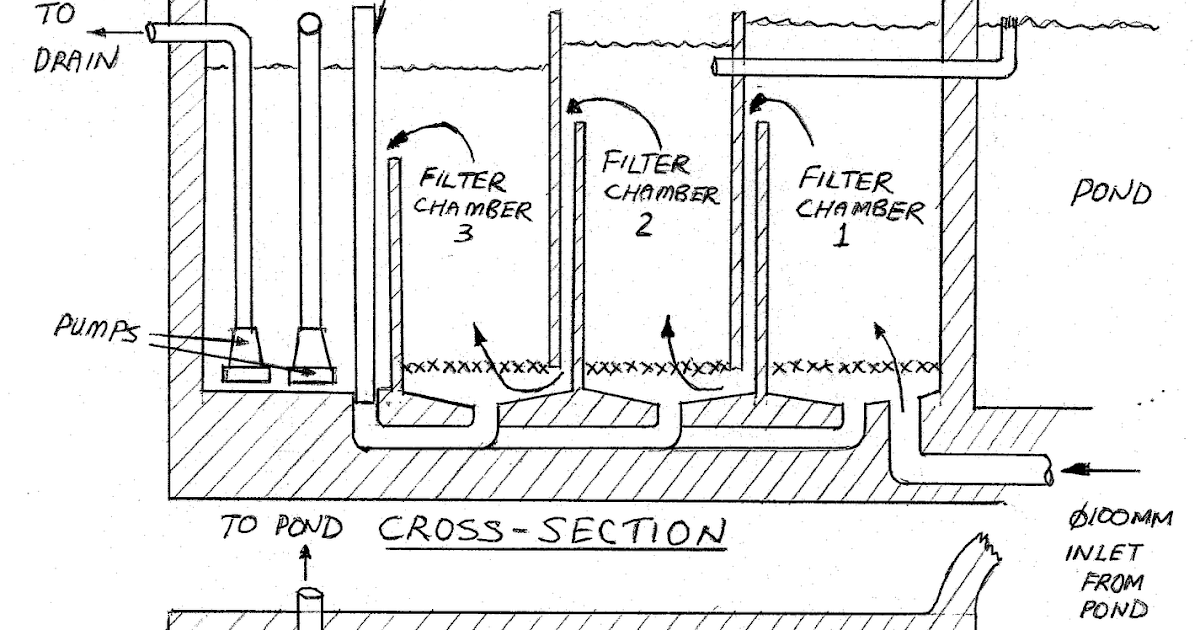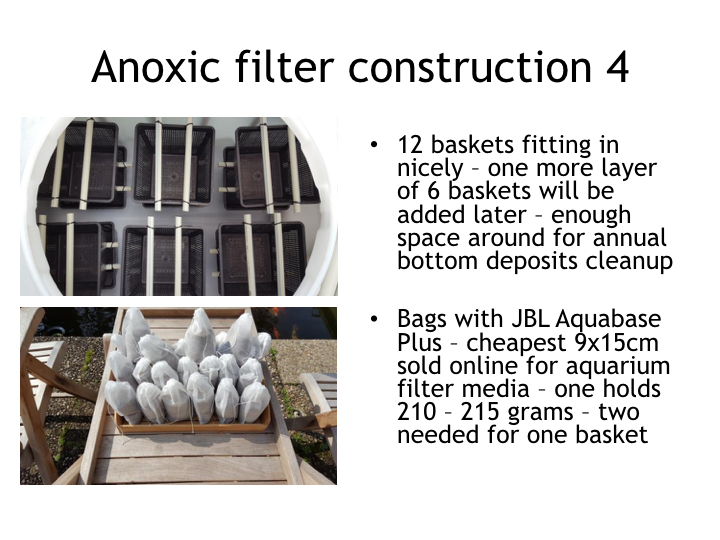
Why Every Koi Pond Needs a Filter and How to Choose the Right One
Introduction
Koi ponds are a beautiful addition to any outdoor space, creating a serene and peaceful atmosphere for relaxation and enjoyment. However, to ensure that your koi pond remains healthy and clean, it is essential to have a filter system in place. In this article, we will explore why every koi pond needs a filter and how to choose the right one.
Why does a Koi Pond Need a Filter?
Fish waste, uneaten food, and decaying plant matter can quickly accumulate in a pond, creating a toxic environment for your koi. Without proper filtration, the build-up of harmful toxins can lead to health problems and even death. A filter system removes these harmful substances from the water, keeping it clean, clear, and healthy for your fish.
Types of Koi Pond Filter Systems
There are several types of koi pond filter systems to choose from, each with its own advantages and disadvantages. The three main types of filters are mechanical, biological, and chemical.
Mechanical Filters
Mechanical filters work by physically trapping debris and waste particles from the water. They are often the first line of defense in a filter system and can either be stand-alone or part of a larger filter system. Mechanical filters are generally low maintenance but will require regular cleaning to prevent clogging.

Biological Filters
Biological filters use beneficial bacteria to break down harmful toxins in the water. They are often installed after mechanical filters and work to convert ammonia and nitrites into nitrates, which are less harmful to the fish. Biological filters are generally high maintenance and require consistent monitoring to ensure the bacteria levels are balanced.

Chemical Filters
Chemical filters work by using activated carbon or other compounds to remove impurities from the water. They are often used in conjunction with mechanical and biological filters to ensure that the water is as clean and clear as possible. Chemical filters are generally low maintenance but will require replacement of the filter media periodically.

How to Choose the Right Filter for Your Koi Pond
Choosing the right filter for your koi pond will depend on several factors, including the size of the pond, the number of fish, and the type of filtration system you want to use. Here are some tips to help you make the right choice:
Consider Your Pond Size
The size of your pond will determine the size of your filter system. A good rule of thumb is to have a filter that can handle at least half of the total volume of the pond. For example, if you have a 1,000-gallon pond, you should choose a filter that can handle at least 500 gallons of water.
Calculate Your Fish Load
The number of fish in your pond will also impact your filter system choice. As a general rule, you should have one square foot of surface area per inch of fish. For example, if you have six 6-inch fish in your pond, you will need a filter that can handle at least 36 square feet of surface area.
Decide on Filtration Type
Choosing the right filtration type for your pond will depend on personal preference, budget, and maintenance level. A three-filter system that includes mechanical, biological, and chemical filters is ideal, but it may be more expensive and high-maintenance. A less expensive and maintenance-heavy option would be a mechanical and biological filter system. Choose the option that is best for your specific needs and budget.
Conclusion
If you want to keep your koi fish healthy and your water crystal clear, investing in a filter system is a must. With so many options available, it’s important to choose the right one for your specific pond size, fish load, and budget. Take the time to research your options and make the right decision for your koi pond so that you can enjoy your beautiful pond for years to come.